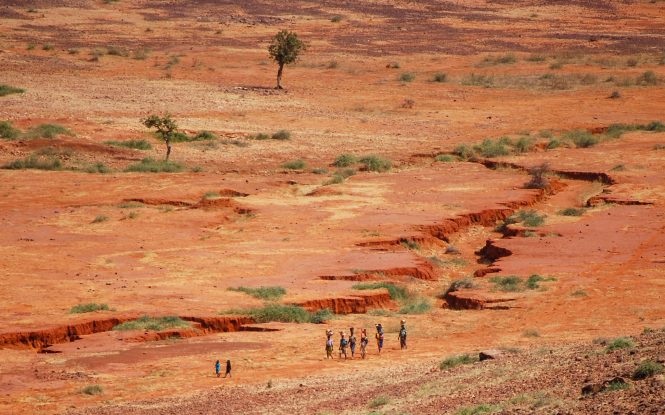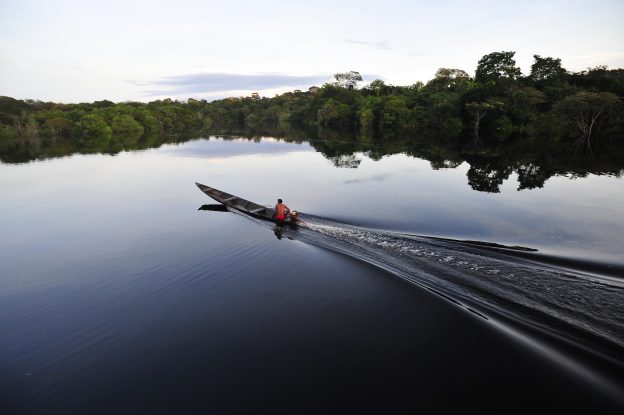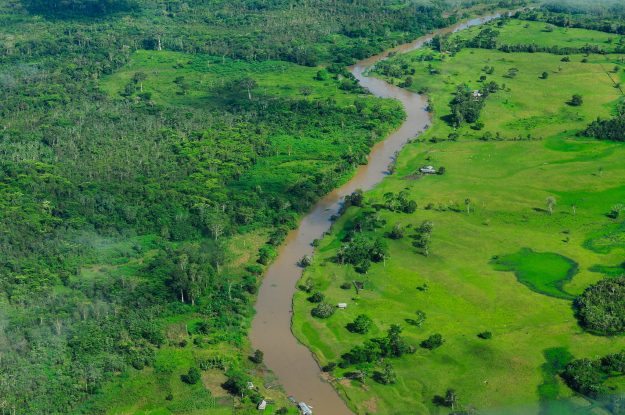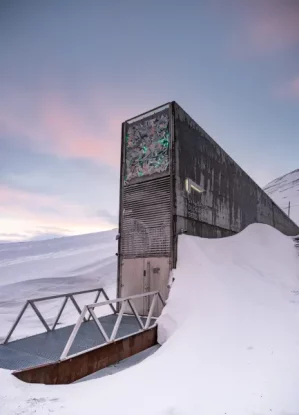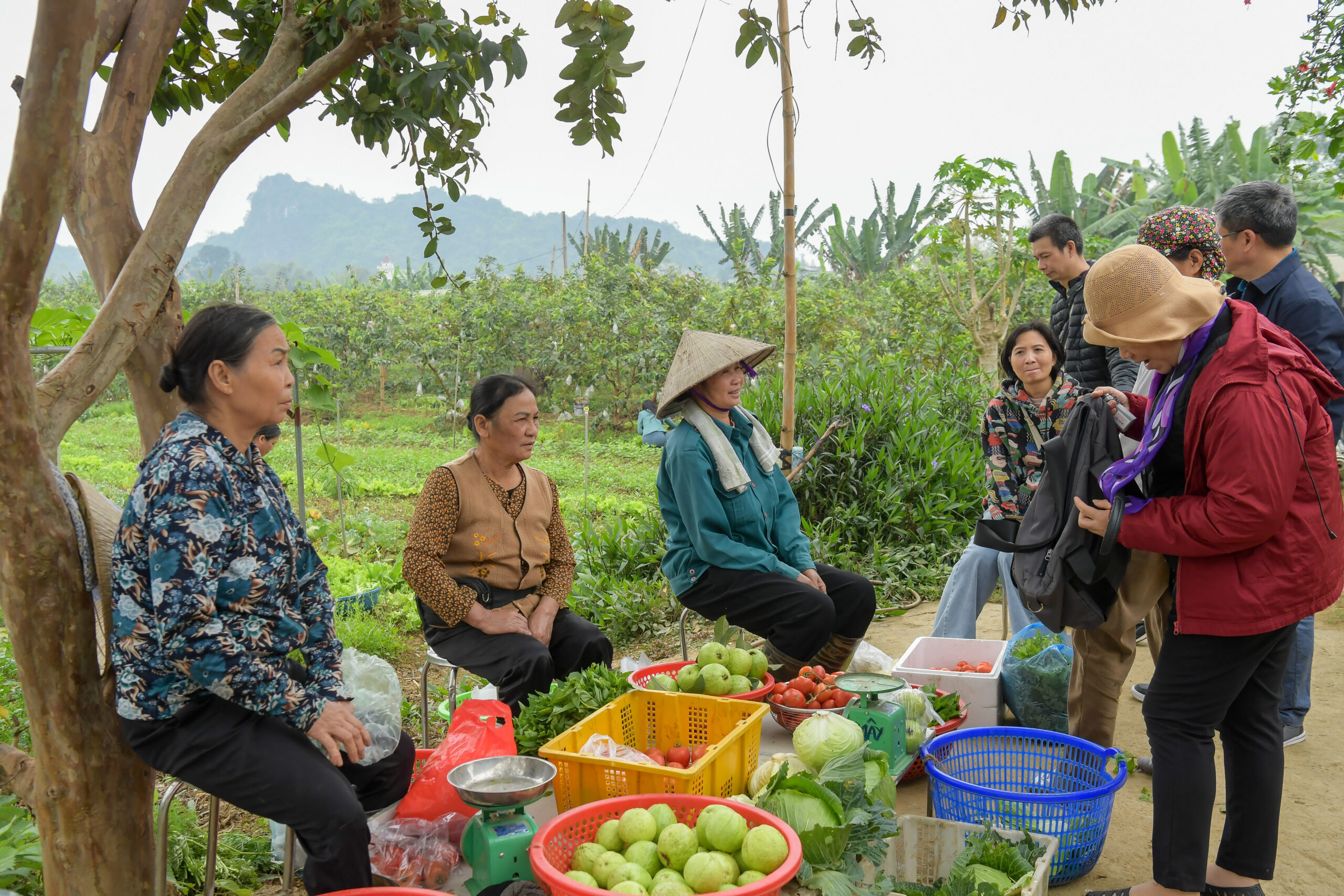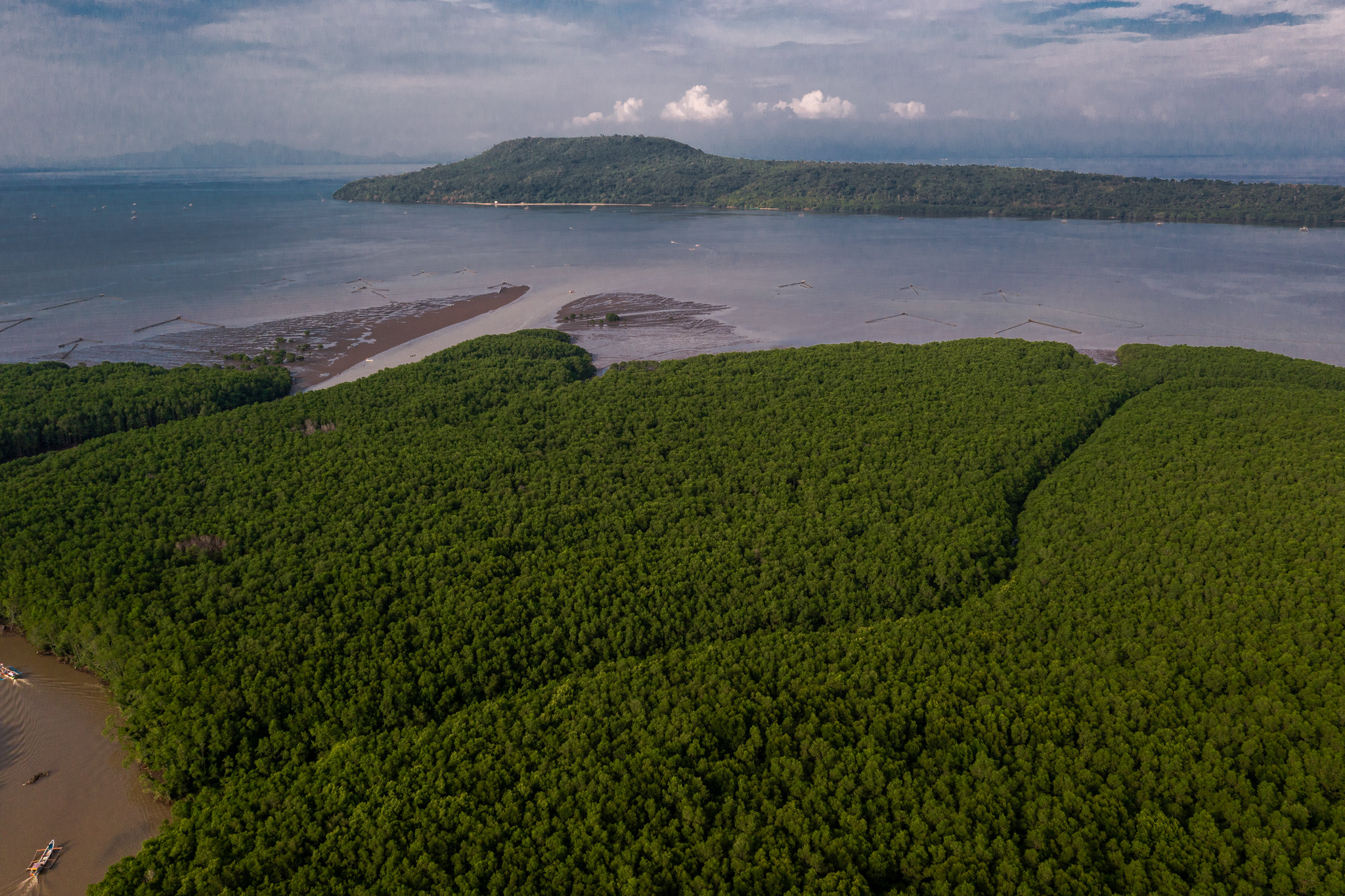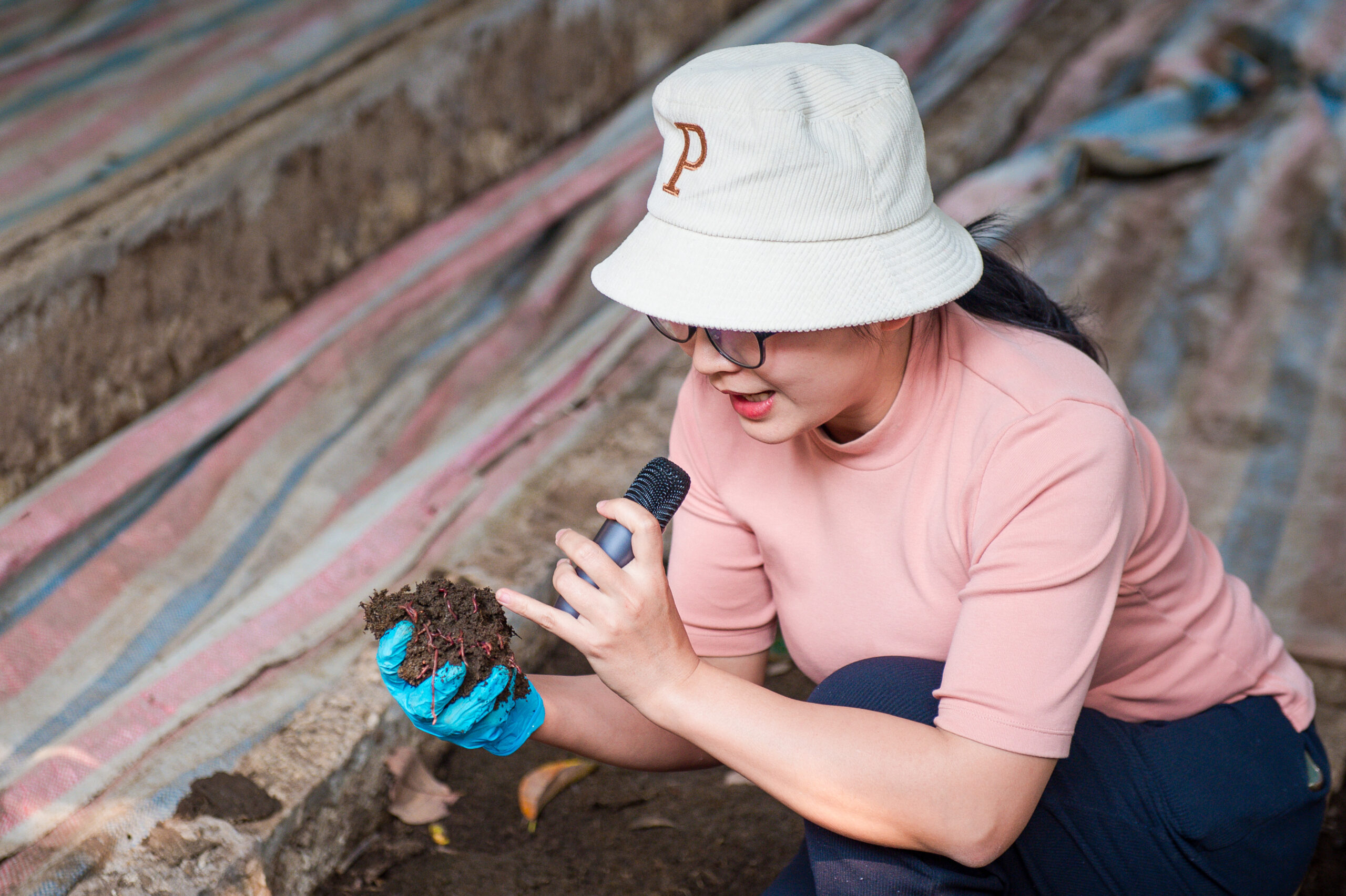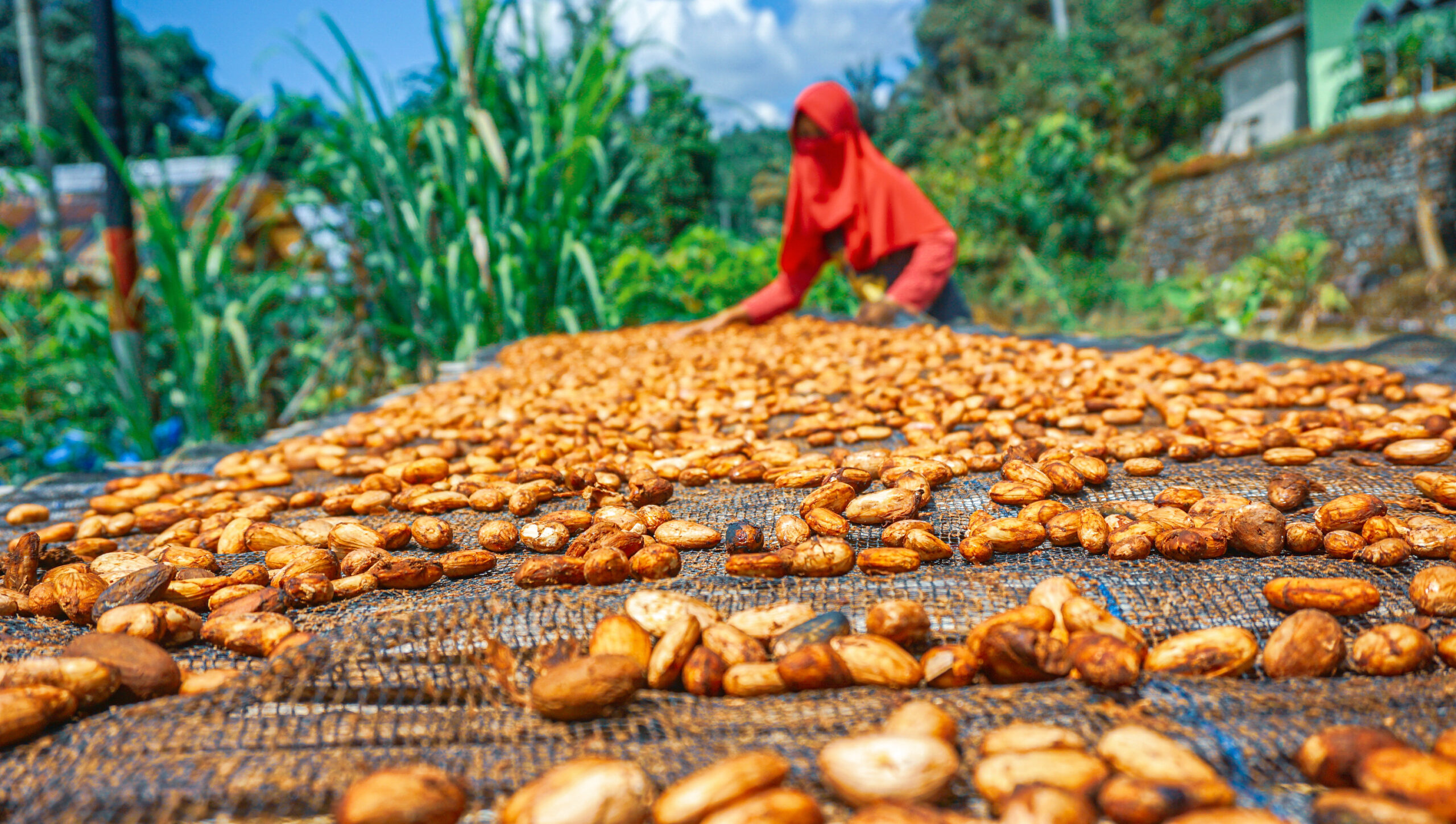Co-creation is one of those terms that feels straightforward, intuitive and easy to get behindŌĆöuntil you actually try to do it. Then, the complexities of power dynamics, disciplinary differences, accessibility, inclusivity challenges and the difficulties of working closely with others become clear. For many, the process can feel far more than the ŌĆśbenignly dictatorialŌĆÖ approaches it seeks to replace.┬Ā
Yet a co-creation is no longer optional. As farmers, researchers and policymakers grapple with transforming food systems to withstand the climate crisis, collaborative knowledge creation has become essential.┬Ā
┬ĀŌĆ£The world is not as it was before,ŌĆØ said Michael Hauser, senior scientist at Vienna’s University of Natural Resources and Life Sciences, in his keynote presentation on the topic at the Transformative Partnership Platform on Agroecology (AE-TPP) Annual MemberŌĆÖs Forum in Hanoi, Vietnam, on 31 March 2025. ŌĆ£It is becoming more unpredictable, complex and dynamic than it ever was.ŌĆØ
ŌĆ£As the intensity of intersecting risks increases, this requires new ways of knowing,ŌĆØ Hauser continued. ŌĆ£We need more comprehensive and systemic knowledge; we need to ensure that knowledge is not just theoretical, but deeply, deeply rooted in real-world opportunities; we need trust, and we need the ability to link horizontally, not just vertically, into policies.ŌĆØ Participants of the Transformative Partnership Platform on Agroecology (AE-TPP) Annual MembersŌĆÖ Forum Meeting 2025 in Hanoi, Vietnam, where discussions on co-creation in agroecological transitions explored how collaboration and shared learning can drive food-system transformation.
Five areas for co-creation in agroecology┬Ā
Transdisciplinary approaches that not only cross boundaries between disciplines but also engage with other key actors, such as farmers, policymakers,┬Āand consumersŌĆöand potentially artificial intelligenceŌĆöwill be key. To co-create knowledge on agroecological transitions that align┬Āwith such a transdisciplinary approach and are fit to precipitate the needed shifts, Hauser recommended considering five key areas:┬Ā
- Orientation: Is co-creation guided by a shared aspiration and purpose?┬Ā
- Collaboration: Are the right people and knowledge systems equitably engaged to support this agroecological transition?┬Ā
- Innovation: Does co-creation embrace creativity, experimentation and novel approaches?┬Ā
- Transformation: Is co-creation contributing to systemic, structural change?ŌĆöor serving another valuable role?┬Ā
- Culture: Does the co-creation process build new ways of working and strengthen cultural bonds among actors?┬Ā
Hauser also addressed the challenge of scaling an approach that is, by definition, context-specific and offered five principles to that end: context, behaviour, skills, value and self. First, he said, we must understand what kind of co-creation is most useful and relevant in each context. Second, ŌĆ£we need different forms of behaviourŌĆönot just as researchers, as farmers or administrators, but a new collective behaviour that can emerge from the interactions that we entertain,ŌĆØ Hauser said. This implies that educational and training institutions must adopt new training approaches if co-creation in agroecology is to be scaled.┬Ā
┬ĀŌĆ£And then we come to the tricky parts,ŌĆØ Hauser continued. ŌĆ£The values and the beliefs that we consider important will have to change if we want to scale co-creation in agroecologyŌĆöand eventually our definition of who we are as a farmer or as a researcher will also require some decent adaptation.ŌĆØ

Throughout the day, other platform members shared practical insights across various workshops and presentations that resonated with and enriched HauserŌĆÖs talking points.┬Ā┬Ā
Irish Baguilat, coordinator for Sustainable Agriculture and Women FarmersŌĆÖ Agenda, described her organizationŌĆÖs efforts to implement co-creation at various levels of governance. She cited the importance of valuing peopleŌĆÖs time spent on co-creative processes: “The co-creation of the vision and research direction was achieved because there was a budget and it was distributed among all partners, so they prepared themselves to engage in this collaborative effort,ŌĆØ Baguilat said.┬Ā┬Ā
Baguilat also highlighted the importance of effective facilitation, as well as assessing and advancing actorsŌĆÖ readiness to share decision-making power. ŌĆ£We found that we could not expect partners to be ready to sit down and pursue co-creation,ŌĆØ she said. ŌĆ£Each partner had to be prepared by the key facilitator.ŌĆØ┬Ā
Maria Corazon Jimenez-Tan, an associate professor at the University of the Philippines and a member of the Filipino MASIPAG – Farmer-Scientist Partnership for the Development of Agriculture, echoed HauserŌĆÖs call for actors to become more flexible about their identities within the process. ŌĆ£We need to recognize farmers as scientists too,ŌĆØ she said. ŌĆ£And the role of scientists is to document and validate good practices in agroecologyŌĆöand help to scale them up.ŌĆØ┬Ā
Acknowledgements┬Ā
The 2025 Annual Members Forum Meeting was made possible with support from the Liechtenstein Development Agency (LED) and the Metrics project, funded by the European Union. ┬Ā
┬Ā

